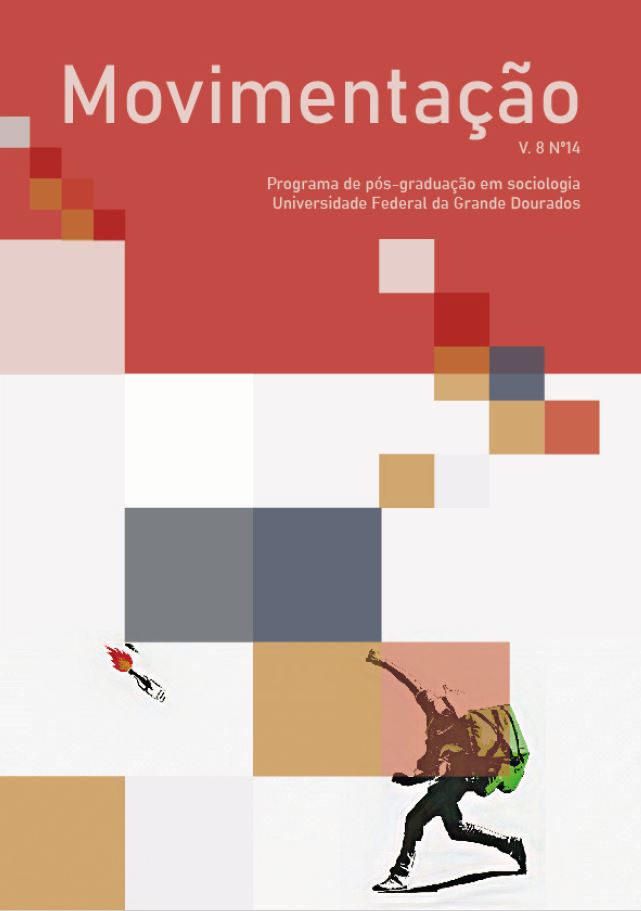Emotional labor dynamics as precursors to mundane violence in a Philippine city jail
DOI:
https://doi.org/10.30612/mvt.v8i14.15019Abstract
This paper analyzes narratives on emotional labor among officers working in an overpopulated and undermanned city jail in the Philippines. Taking off from Hochschild (1983) and Crawley (2004) as theoretical departure points and using Sikolohiyang Pilipino as an approach in deploying institutional ethnography, I forward three arguments that enrich the understanding of emotion management dynamics in the carceral setting. First, emotional labor in the city jail is largely based on rank. Rank is a fixed navigation point where officers need to be in their “rightful place” (lugar) in interacting with and expressing emotions to others. Second, leadership regimes in forms of sistema (substandard yet acceptable ways of doing things) or kalakaran (corrupted sistema) also dictate emotion regimes among officers in the facility. And third, narratives of professionalism dominate accounts that normalize, reify, moralize, and even prize emotional laboring. In contrast to existing literature, data suggest that emotion management can be endowing, as it clarifies expectations and harmonizes relationships. Officers, in addition, claim that they are willing to endure emotional labor as it helps them to be more dutiful as a public servant. In fact, officers value emotional labor with a nationalist tone. With strong appreciation for emotional management in the narratives, I end with critical reflections and forwarded interrogations on the danger of moralizing emotional labor and recommend further investigation of its aspects that could lead to mundane violence.Downloads
Downloads
Published
How to Cite
Issue
Section
License
Authors must accept the publication rules when submitting the journal, as well as agree to the following terms:
(a) The Editorial Board reserves the right to make changes to the Portuguese language in the originals to maintain the cultured standard of the language, while respecting the style of the authors.
(b) Authors retain the copyright and grant the journal the right to first publication, with the work simultaneously licensed under the Attribution-NonCommercial-ShareAlike 3.0 Brazil (CC BY-NC-SA 3.0 BR) that allows: Share - copy and redistribute the material in any medium or format and Adapt - remix, transform, and create from the material. CC BY-NC-SA 3.0 BR considers the following terms:
- Attribution - You must give the appropriate credit, provide a link to the license and indicate whether changes have been made. You must do so under any reasonable circumstances, but in no way that would suggest that the licensor supports you or your use.
- NonCommercial - You may not use the material for commercial purposes.
- Sharing - If you remix, transform, or create from material, you must distribute your contributions under the same license as the original.
- No additional restrictions - You may not apply legal terms or technological measures that legally restrict others from doing anything that the license permits.
(c) After publication, authors are allowed and encouraged to publish and distribute their work online - in institutional repositories, personal page, social network or other scientific dissemination sites, as long as the publication is not for commercial purposes.



